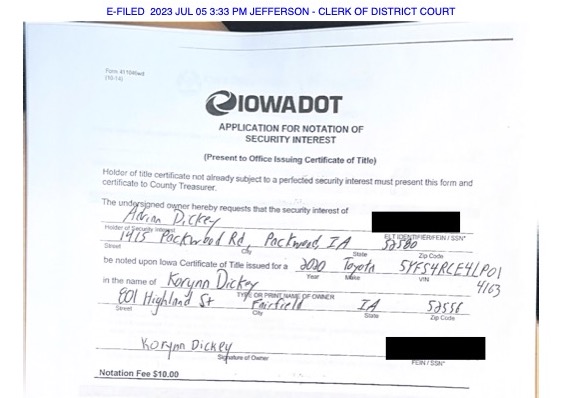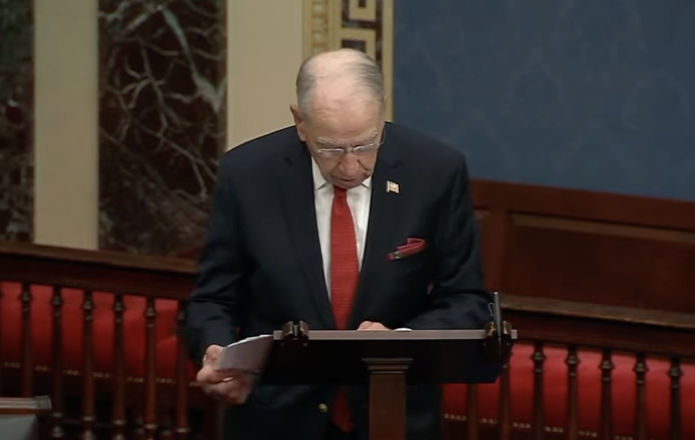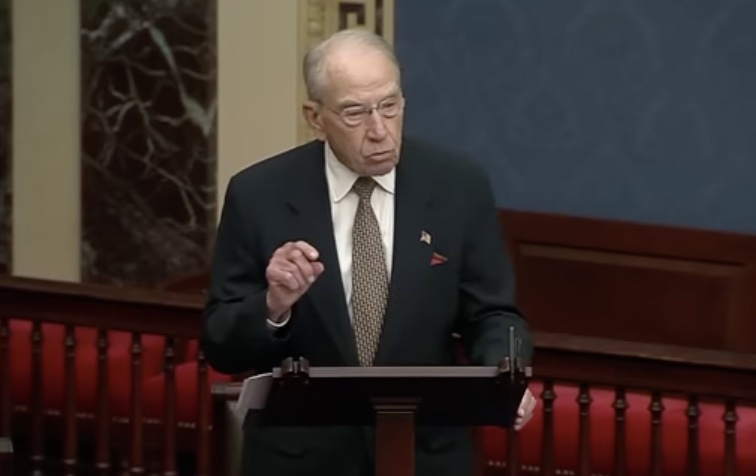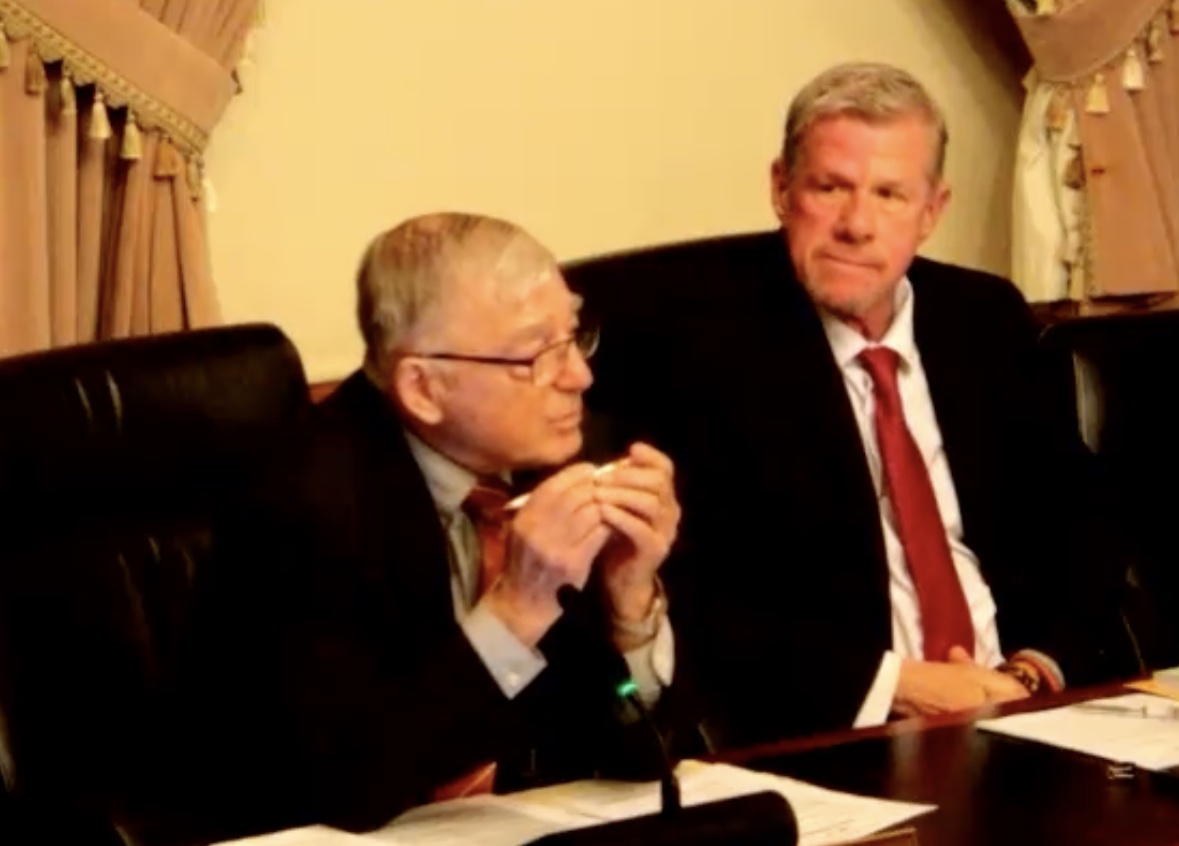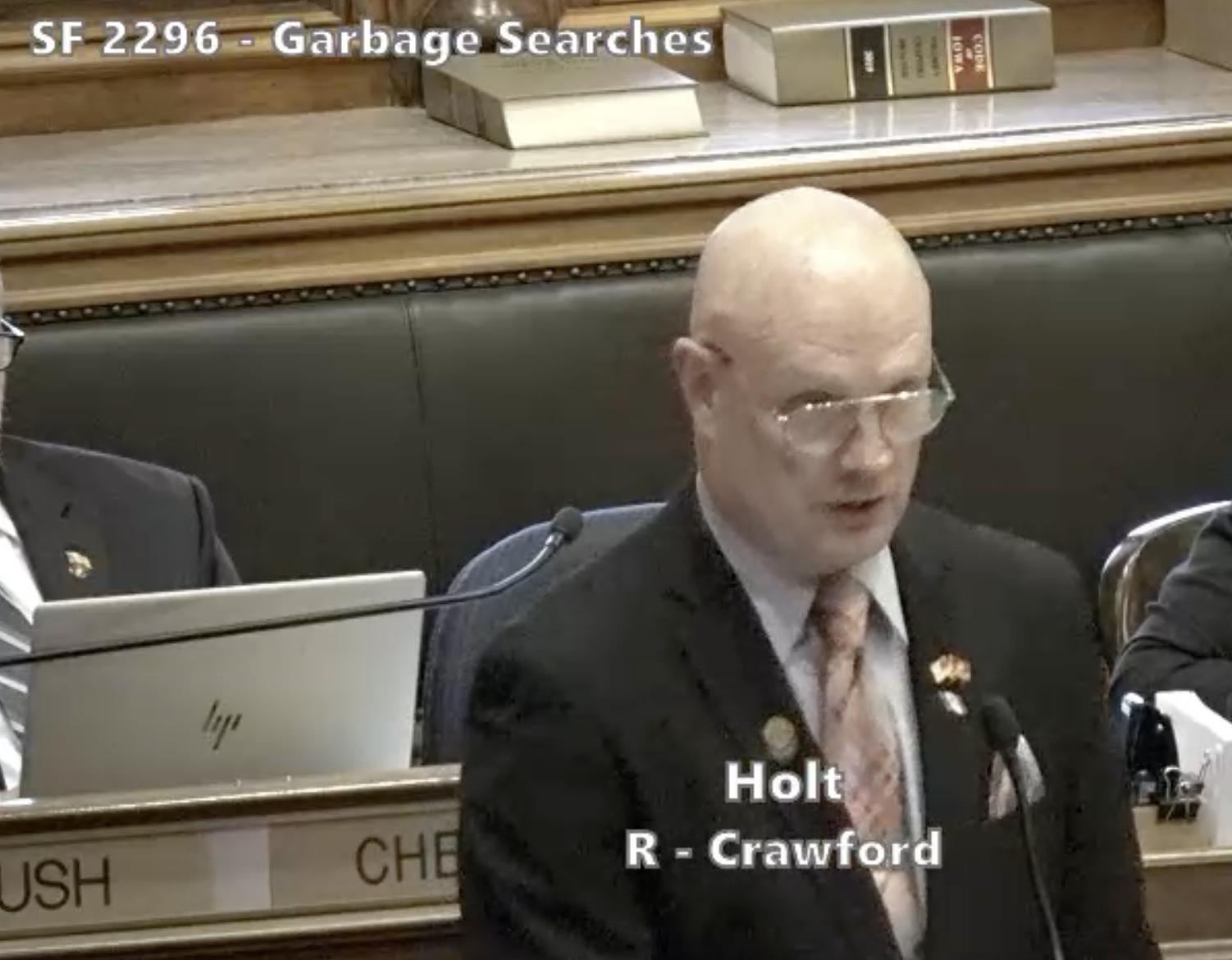Officials in Sac County, Iowa are refusing to provide footage from law enforcement body cameras and dashboard cameras related to State Senator Adrian Dickey’s arrest last month during RAGBRAI.
Dickey was charged with interference with official acts (a simple misdemeanor) after allegedly refusing to comply with a deputy sheriff’s request to move along a rural road a “big party” of bicyclists were blocking.
The Republican senator has pleaded not guilty and asked for a jury trial. His attorney has characterized the dispute that led to the arrest as a “misunderstanding.”
The day after learning about Dickey’s arrest, I requested relevant records from the Sac County Sheriff’s Office, including copies of body camera and squad car dash camera video from all deputy sheriffs who were present during the incident, as well as audio and video recordings from the jail where the senator was booked. I noted the high public interest in this case, because the defendant is a member of the Iowa legislature.
Responding on behalf of Sheriff Ken McClure, Sac County Attorney Ben Smith said he could not provide the information. He cited Iowa Code Section 22.7(5), a provision in the open records law that declares peace officer’s investigative reports are confidential.
Continue Reading...


